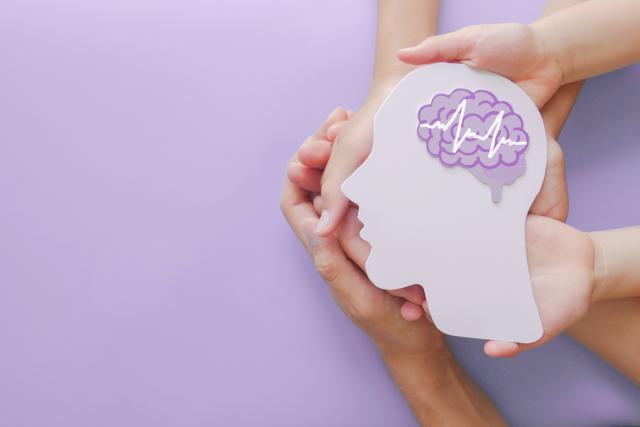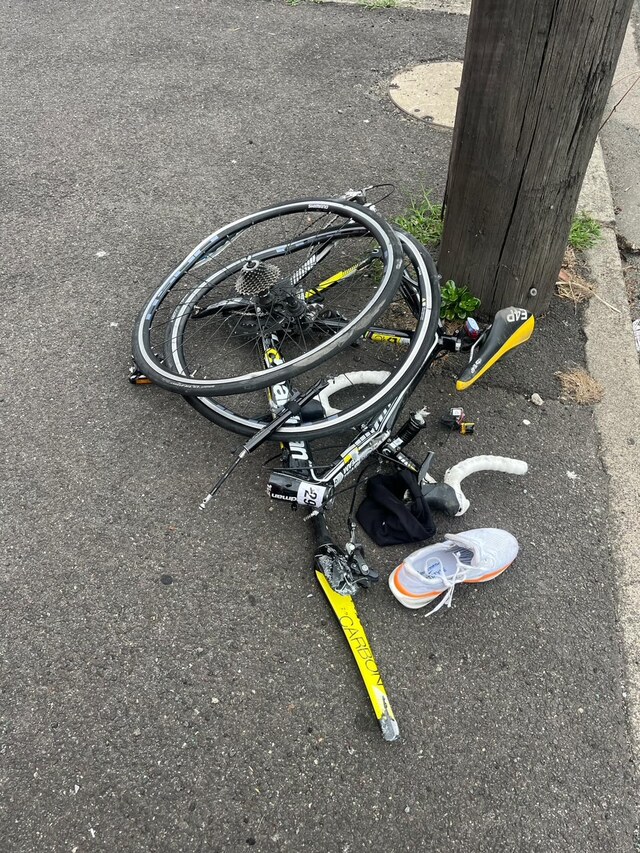Stroke is always an emergency.
This is the vital message that the Stroke Foundation is reminding Australians of, including residents in Maribyrnong and Hobsons Bay, as well as urging everyone to contact triple zero (000) immediately if they suspect a stroke.
Chief executive Sharon McGowan said although these are unprecedented times as a result of the coronavirus (COVID-19) pandemic, we must remember stroke is always a serious medical emergency.
“Time saved is brain saved,” Ms McGowan said.
“The faster you get to hospital for treatment for stroke, the better your chance of making a good recovery.
“I know everyone’s daily routines are disrupted, stress levels are heightened and people do not want to put the health system under any additional pressure, but it is vital to call an ambulance at the first sign of stroke.
“Delaying or failing to seek urgent help for stroke can lead to death or ongoing disability.”
One in four people globally will have a stroke in their lifetime and there is one stroke in Australia every nine minutes. When a stroke strikes, it kills around 1.9 million brain cells per minute, but medical treatment can stop this damage.
Knowing the F.A.S.T. signs of stroke can save a life. If you are at home with your family, self-isolating or working remotely and you suspect someone is having a stroke ask these questions:
Face – Check their face. Has their mouth drooped?
Arms – Can they lift both arms?
Speech – Is their speech slurred? Do they understand you?
Time – Time is critical. If you see any of these signs, call 000 straight away.
While stroke impacts people of all ages, the likelihood of having a stroke increases as we get older.
Ms McGowan urged Australians to regularly check in on elderly relatives and friends on the phone, via video chat or online and ensure they know the F.A.S.T. signs of stroke.
“We know people can take longer to seek hospital care at times when they don’t want to burden their loved ones. But we must continue to make health a priority in all forms,” she said.
“The more people who know the F.A.S.T. signs of stroke and share it in our community, the better.”







